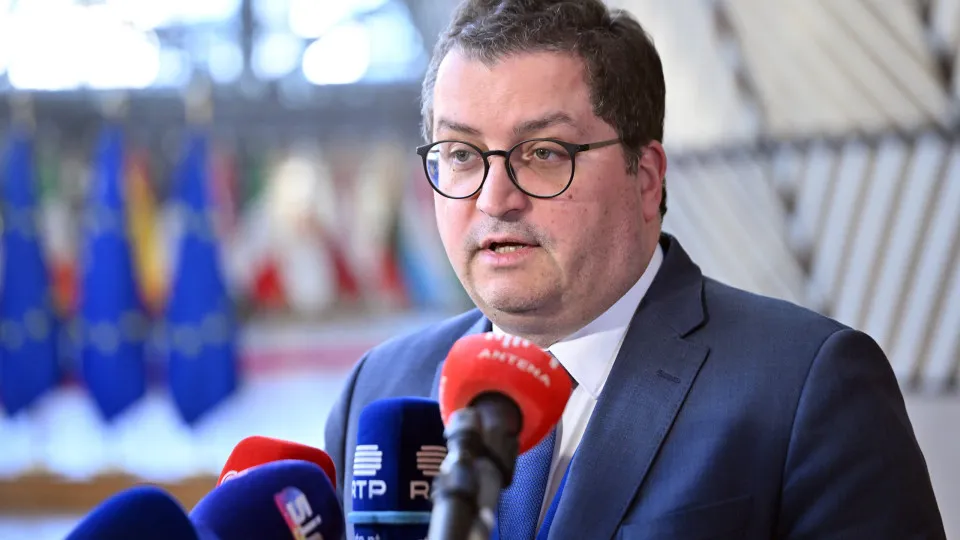
“The government continues to work on preparing a comprehensive State Budget, which will be submitted to parliament on October 10. We remain focused on the measures and solutions the government has been seeking to present and will continue to present to improve the lives of the Portuguese in various areas,” stated Joaquim Miranda Sarmento to Lusa in Copenhagen.
Speaking at the start of the second day of the EU Finance Ministers’ informal meeting in the Danish capital, organized by Denmark’s rotating presidency, which will discuss the impacts of geopolitical shocks on European countries’ accounts, the Portuguese official indicated that the executive will present “the updated growth figures on October 10,” pointing to “growth around 2%.”
He confirmed that “next year we continue to forecast a surplus of 0.1%, knowing that the next year is, from a budgetary standpoint, […] much more demanding because we have three billion euros, about 1% of GDP, of PRR loans to execute,” he explained.
The Finance Minister assured a “prudent fiscal policy that allows us to take some measures in terms of taxes, reduction of taxes, improvement of public services, improvement of social benefits, increase of investment, but always keeping public accounts balanced.”
Joaquim Miranda Sarmento further highlighted the “correct path of security and enhancement of the Portuguese economy” in the face of external shocks, following the recent credit rating upgrades by S&P and Fitch.
Regarding negotiations, he expressed hope for “responsibility from opposition parties, responsibility in approving the document, and responsibility in discussing the document.”
The 2026 State Budget will be delivered to parliament by October 10 and then to Brussels. A final vote in the Assembly of the Republic is expected in November.
The EU Finance Ministers, meeting informally between Friday and Saturday in Copenhagen, are discussing how to boost the economic competitiveness of the EU bloc against major competitors amid criticism of European inertia, particularly by simplifying EU legislation.
A report from the economic think tank Bruegel is also being debated, warning of a possible “new financial crisis” due to geopolitical shocks like increased tariff uncertainty from the United States and political fragmentation, urging member states to remain “vigilant.”




